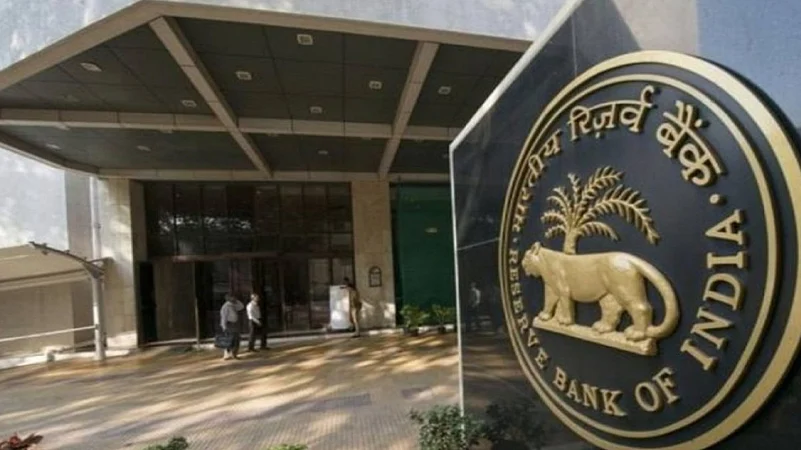The Reserve Bank has shortlisted seven global consultancy firms, including Pricewaterhouse Coopers, McKinsey and Boston Consulting Group (India), to use artificial intelligence and machine learning for supervisory functions.
The RBI is looking to extensively use advanced analytics, artificial intelligence and machine learning to analyse its huge database and improve regulatory supervision over banks and NBFCs. For this purpose, the central bank plans to hire external experts.
In September this year, the RBI invited expressions of interest (EoI) for engaging consultants for use of advanced analytics, artificial intelligence and machine learning for generating supervisory inputs.
Based on the scrutiny/evaluation set out in the EOI document, the central bank has shortlisted seven applicants for participating in the request for proposal process (RFP) for the selection of consultant(s), according to an RBI document.
The seven firms are Accenture Solutions Private Limited; Boston Consulting Group (India) Pvt Ltd; Deloitte Touche Tohmatsu India LLP; Ernst and Young LLP; KPMG Assurance and Consulting Services LLP; McKinsey and Company; and Pricewaterhouse Coopers Pvt Ltd.
While the RBI is already using AI and ML in supervisory processes, it now intends to upscale it to ensure that the benefits of advanced analytics can accrue to the Department of Supervision in the central bank.
The Department of Supervision has been developing and using linear and a few machine-learnt models for supervisory examinations.
The interest now is to explore the data to identify its attributes that can be leveraged to generate new and improved supervisory inputs, said the EoI issued in September.
The supervisory jurisdiction of the RBI extends over banks, urban cooperative banks, NBFCs, payment banks, small finance banks, local area banks, credit information companies and select all Indian financial institutions.
It undertakes supervision of these entities with the objective of assessing their financial soundness, solvency, asset quality, governance framework, liquidity, and operational viability to protect depositors' interests and financial stability.
The RBI undertakes continuous supervision of SEs with the help of on-site inspections and off-site monitoring, the EoI said.
Across the world, regulatory and supervisory authorities are using machine learning techniques (commonly referred to as 'suptech' and 'regtech') for assisting supervisory and regulatory activities, it added.
Most of these techniques are still exploratory, however, they are rapidly gaining popularity and scale.
On the data collection side, AI and ML technologies are used for real-time data reporting, effective data management and dissemination.
For data analytics, these are being used for monitoring supervised firm-specific risks, including liquidity risks, market risks, credit exposures and concentration risks; misconduct analysis; and mis-selling of products.
RBI Shortlists 7 Global Consultancy Firms To Use Artificial Intelligence, Machine Learning To Improve Regulatory Supervision
RBI invited expressions of interest (EoI) for engaging consultants for use of advanced analytics, artificial intelligence and machine learning for generating supervisory inputs

Reserve Bank Of India
Reserve Bank Of India
Published At:
- Previous Story
 Bharat Taxi App Launches in India – Check Tech Features, Driver Welfare & Services
Bharat Taxi App Launches in India – Check Tech Features, Driver Welfare & Services - Next Story
MOST POPULAR
WATCH
MORE FROM THE AUTHOR
×


















.jpg?w=200&auto=format%2Ccompress&fit=max)




